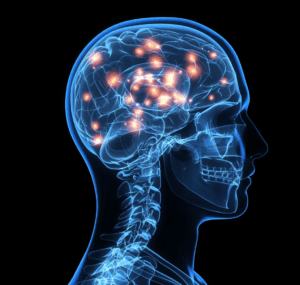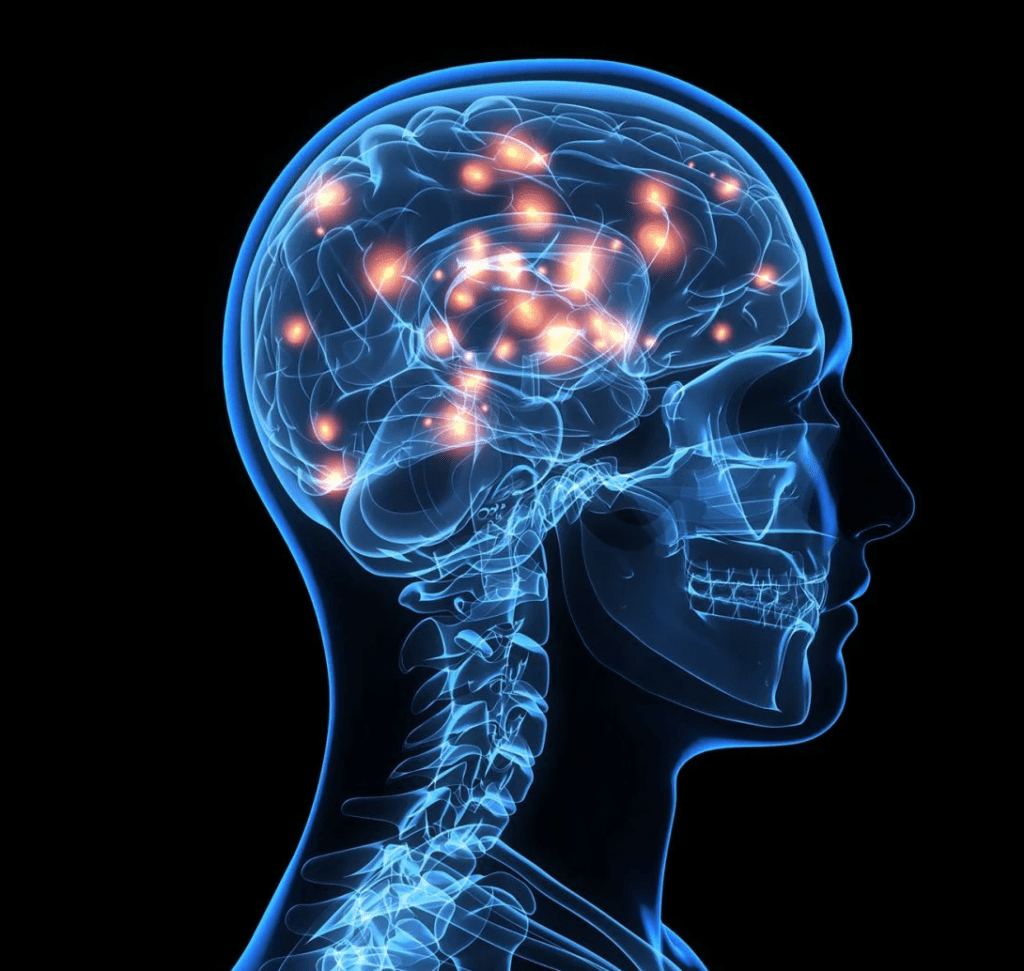Introduction
In the academic world where everything moves at a rapid pace, good retention is a resource one can use to achieve academic success. Whether you are getting ready for a crucial examination or just need to increase your overall cognitive abilities, effective approaches towards increasing memory can make a lot of difference. This article discusses ten established strategies that could help you remember everything and excel in exams.
Sleep First:
A well-known key to memory improvement is proper sleep. Aim for 7-9 hours of good sleep at night to allow your brain to consolidate and store information effectively.
Drink Water:
Dehydration will cause impairment of cognitive function and memory. Make sure you drink enough water throughout the day to keep your brain in top shape. Have at least eight glasses of water every day.
Food That Is Rich In Nutrients:
The optimal functioning of your brain necessitates different nutrients in it. To promote memory creation and support cognitive functions, consume food items that have omega-3 fatty acids, and antioxidants, as well as vitamins like fish, nuts, berries and leafy vegetables.
A nutrient-rich diet is important for general health and plays an essential role in supporting optimal brain functioning and improving memory performance. Here is a closer look at some vital nutrients for the brain and food sources that can supply them:
Omega-3 Fatty Acids:
The abundance of omega-3 fatty acids that are essential in promoting healthy brains can be found in fatty fishes such as salmon, trout or sardines. These acids help build cell membranes in the brain which aid communication between cells thus helping with cognitive function.
Antioxidants:
Berries, especially blueberries contain many antioxidants that protect brain cells from damage by combating oxidative stress and inflammation. Moreover fruits like apples as well as vegetables such as spinach provide a range of antioxidants important for general brain health.
Vitamins And Minerals:
Ensure varied vitamins are available in your meals including B vitamins (found in whole grains, leafy greens and nuts) as well as iron (in red meat and beans). These are vital nutrients in energy metabolism & oxygen transport which support the brain’s functioning.
Water:
Water is often forgotten, but sufficient hydration is essential for cognitive function. Short-term memory and focus may be impaired by dehydration. Aim to drink water throughout the day on a regular basis and include hydrating foods like watermelons and cucumbers in your diet as well.
Moderation With Balance:
Although specific nutrients are essential, an overall balanced diet should also be maintained. Avoid consuming too much-processed foods, refined sugars or saturated fats because they can have detrimental effects on cognitive function over time.
Exercise Regularly:
Improved memory together with cognitive functions have been associated with physical activity. Incorporate at least 30 minutes of moderate exercise into your daily routine to boost blood flow to the brain and promote the production of new neurons.
Active Study Techniques:
Inefficient use of learning resources could fail to efficiently keep your mind busy. Active study techniques such as flashcards, summarizing or teaching someone else are better alternatives than passive learning methods. They reinforce your understanding while facilitating better retrieval. Active studying refers to any technique that will engage the mind in the deep processing of information. Passive learning approaches such as reading or listening alone may not be as effective. Below are several active study techniques that enhance memory:
Flashcards:
Make flashcards that summarize important concepts, terms or formulas. Regularly test yourself to reinforce information you’ve learned so far, and identify weak areas you need to work some more on.
Summarization:
Condense lengthy texts into concise summaries. Teaching the material in your own words enhances understanding and promotes better retention. Consider creating mind maps or diagrams to visualize complex relationships.
Teaching Others:
Explaining a concept to someone else forces you to articulate your understanding clearly. Whether it’s a study partner, friend, or family member, teaching others can solidify your knowledge and reveal gaps in your understanding.
Active Participation in Class:
Engage actively during lectures or study groups. Ask questions, participate in discussions, and take notes. Active involvement in the learning process enhances your connection to the material.
Practice Problems:
For subjects like mathematics or science, solving practice problems is invaluable. It not only reinforces theoretical knowledge but also enhances problem-solving skills. Focus on understanding the underlying principles rather than memorizing steps.
Experiment with these active studying techniques to find the ones that resonate most with your learning style. Combining these methods with other memory-enhancing strategies will create a comprehensive approach to boosting your memory for exam success.
Utilize Mnemonic Devices:
Mnemonic devices, such as acronyms, rhymes, or visualization, can make information more memorable. Create mnemonic aids for complex concepts or lists to facilitate recall during exams.
Establish a Routine:
Consistency is key when it comes to memory enhancement. Establish a study routine that includes regular breaks to avoid burnout and improve information retention. Your brain responds well to repetition and consistency.
Mindfulness Meditation:
Stress can negatively impact memory and concentration. Incorporate mindfulness meditation into your daily routine to reduce stress levels and enhance overall cognitive function.
In the dynamic landscape of academic challenges, the art of mindfulness meditation emerges as a beacon of mental clarity and focus. Mindfulness, rooted in ancient contemplative traditions, has found its place in modern education as a transformative practice that not only reduces stress but also nurtures cognitive abilities essential for exam success.
1 An Insight into Mindfulness
Mindfulness is more than just a relaxation technique; it’s a state of heightened awareness where individuals actively engage with the present moment. This practice involves cultivating a non-judgmental awareness of thoughts, sensations, and emotions, allowing for a profound connection with one’s immediate surroundings.
Stress Alleviation and Resilience
The demands of exam preparation often come hand-in-hand with stress and anxiety. Mindfulness meditation serves as a potent stress-relief tool by encouraging a gentle acknowledgement of stressors without becoming entangled in them. This heightened resilience helps students navigate challenges with a composed mind.
Focus and Concentration Mastery
Central to effective studying is the ability to concentrate deeply. Mindfulness meditation hones this skill by training the mind to stay present. By focusing on the breath or specific sensations, individuals develop a mental discipline that enhances concentration during study sessions, allowing for a more profound absorption of information.
Emotional Intelligence and Regulation
Exams can evoke a spectrum of emotions, from self-doubt to excitement. Mindfulness empowers students to observe these emotions with detachment, promoting emotional intelligence. By acknowledging and accepting emotions without judgment, individuals can approach their studies and exams with a balanced and composed mindset.
Creating an Optimal Study Environment
Mindfulness sets the stage for an optimal study environment. By creating a mental sanctuary through meditation, students can break free from the grip of distractions and negative thought patterns. This positive mindset fosters an atmosphere conducive to effective learning.
TECHNIQUES FOR MINDFULNESS MEDITATION THAT WORK
Consciousness of Breath: The most basic technique is when one focuses his/her attention on breathing. It allows one to stay within the present by observing every inhalation and exhalation mindfully.
Body scan: This meditation approach involves carefully scanning through all your body parts feeling the sensations that are there. Also, it helps to tranquillize you into sleep.
Chat and Talk:
Talking and chatting with classmates about studies can make your comprehension stronger and facilitate remembrance. When you teach others the concepts you have learned, you cement your own understanding of them.
Maximize Your Use of Technology:
Make use of technology for an advantage. Make use of applications developed for jotting down notes, using flashcards, and mind mapping to help in organizing and reinforcing what has been studied. Nevertheless, be cautious about time spent staring at screens lest sleeplessness becomes an issue.
Practice memory-enhancing techniques when studying to assist in the retention of important content during exams. Notably, not everyone’s brain works the same way so try these methods and find out which combination suits you best.If you are looking to purchase any CA books like hemant somani audit book or shubham keswani audit book ca final or Bhanwar borana books kindly visit exambookexpress.com . Prioritize sleeping well, eating healthy foods, exercising daily and being actively engaged in learning activities among others will ensure that your memory serves you best as well as increase your chances of performing better in academics at large.

